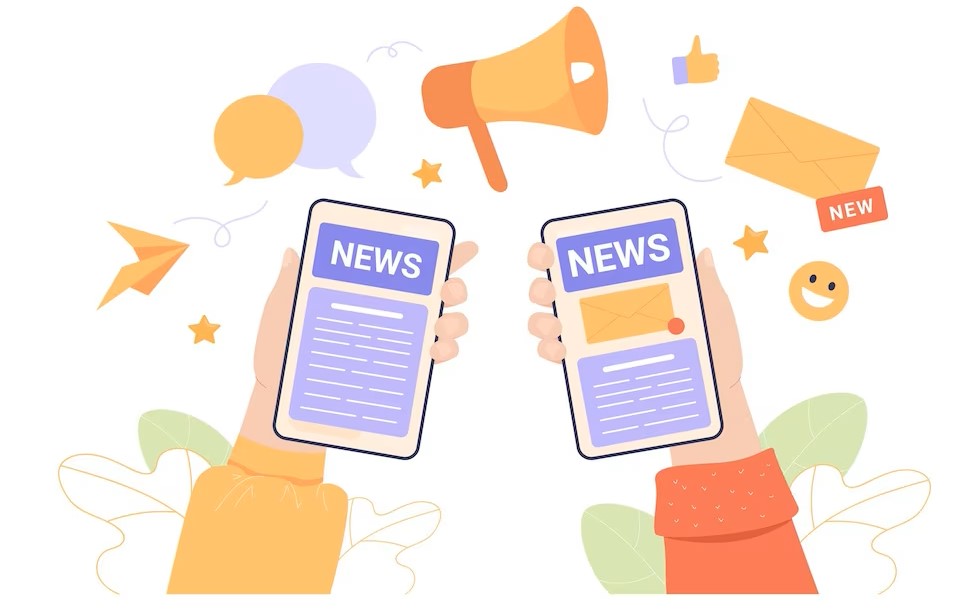Google CEO Sundar Pichai discusses the company’s AI strategy and product roadmap, including the recent launch of Bard, Google’s AI chatbot, and addresses questions about being late to the game compared to OpenAI’s ChatGPT.
Introduction
Google’s CEO, Sundar Pichai, recently discussed the company’s AI chatbot strategy, shedding light on Google’s new chatbot, Bard, and how it compares to OpenAI’s ChatGPT. As the race to develop advanced AI chatbots intensifies, Pichai provides insights into Bard’s launch, timing, and Google’s overall commitment to AI innovation.
Bard Launch and Timeline
Google introduced Bard, its own AI chatbot, in March 2023. However, unlike ChatGPT, which is available to users worldwide, Bard is currently only accessible to select users in the United States, with users in India unable to join the waitlist. Pichai addresses the limited availability of Bard and its timeline, explaining the importance of ensuring a good “product-market fit” before expanding its access.
Pichai’s Explanation for Bard’s Timing
Pichai elaborates on the timing of Bard’s launch, emphasizing the need for careful consideration of market demand and user experience. He explains that Google wants to ensure that Bard is well-positioned to meet the needs of its users and provide value, which may have influenced the decision to initially limit its availability. Pichai highlights the dynamic nature of the industry and how it impacts the timing of AI product launches.
Google’s Commitment to AI Innovation
Pichai showcases Google’s commitment to ongoing AI innovation by highlighting recent product announcements, such as new features in Gmail and Google Docs, and the excitement generated by Google’s LaMDA language model. He emphasizes that Google is continuously investing in cutting-edge AI technologies to enhance its products and services, including chatbots like Bard.
Pichai’s Confidence in Google’s AI Strategy
Despite Bard being launched after ChatGPT, Pichai expresses confidence in Google’s AI strategy. He believes that being the first to market is not always essential for success, and Google has a proven track record of capitalizing on opportunities even when not being the first mover. Pichai assures that Google’s approach to AI is quick and strategic, with a focus on delivering value to users and staying competitive in the market.
Google Confirms AI Integration in Search Engine Inspired by Microsoft’s ChatGPT
Comparison with OpenAI’s ChatGPT
Pichai acknowledges that ChatGPT, developed by OpenAI, was launched ahead of Bard and has received updates like GPT-4 to improve its performance. However, he highlights that Google’s approach with Bard may differ, focusing on finding the right product-market fit and timing for optimal user experience. Pichai hints at potential differences in Google’s strategy compared to OpenAI’s, but remains optimistic about Bard’s prospects.
Future Prospects of Bard and ChatGPT
As the field of AI-powered chatbots continues to evolve rapidly, Pichai discusses the future prospects of Bard and ChatGPT. He notes that the competition between the two chatbots may intensify as both Google and OpenAI strive to improve their AI technologies. Pichai expresses excitement about the potential of Bard and ChatGPT to shape the future of chatbot interactions and customer experiences.
Conclusion
In conclusion, Sundar Pichai’s insights shed light on Google’s AI chatbot strategy and Bard’s launch. He explains Google’s commitment to AI innovation, confidence in its AI strategy, and emphasizes the importance of finding the right product-market fit and timing. Pichai’s interview provides valuable insights into the future prospects of Bard and ChatGPT in the rapidly evolving landscape of AI-powered chatbots. As AI continues to advance, the competition between Bard and ChatGPT is expected to shape the future of AI chatbot technology.

